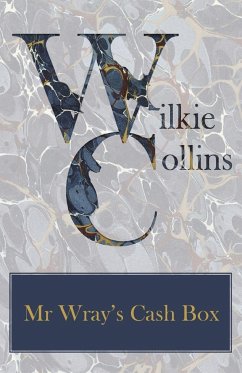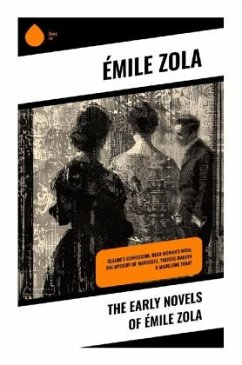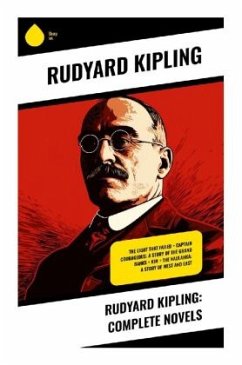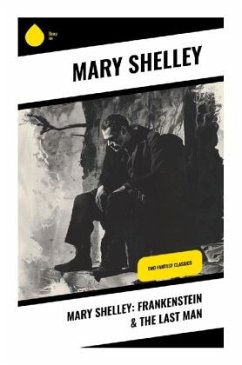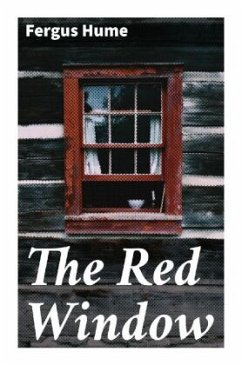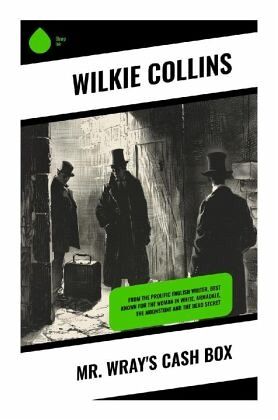
Mr Wray's Cash Box
From the prolific English writer, best known for The Woman in White, Armadale, The Moonstone and The Dead Secret
Versandkostenfrei!
Versandfertig in 6-10 Tagen
8,20 €
inkl. MwSt.
Weitere Ausgaben:

PAYBACK Punkte
0 °P sammeln!
"Mr Wray's Cash Box" is a masterful exploration of the complex interplay between morality, deception, and financial intrigue set against the backdrop of Victorian England. Collins employs a gripping narrative style characterized by suspense and vivid characterization, skillfully weaving a tale that examines the darker aspects of human nature and the societal implications of wealth and poverty. Through his intricate plot and richly drawn characters, Collins critiques the Victorian obsession with money while maintaining a thrilling momentum that keeps readers engaged. The novella reflects the er...
"Mr Wray's Cash Box" is a masterful exploration of the complex interplay between morality, deception, and financial intrigue set against the backdrop of Victorian England. Collins employs a gripping narrative style characterized by suspense and vivid characterization, skillfully weaving a tale that examines the darker aspects of human nature and the societal implications of wealth and poverty. Through his intricate plot and richly drawn characters, Collins critiques the Victorian obsession with money while maintaining a thrilling momentum that keeps readers engaged. The novella reflects the era's fascination with sensationalism and the Gothic, melding elements of mystery and social commentary seamlessly. Wilkie Collins, a contemporary of Charles Dickens and a pioneer of the modern detective novel, was profoundly influenced by the social and legal issues of his time. His own experiences with financial difficulties and family strife informed the thematic depth found in "Mr Wray's Cash Box." As an author, Collins was known for his unflinching exploration of the human psyche and societal constraints, making him uniquely qualified to tackle the narrative's moral dilemmas and interpersonal dynamics. This novella is highly recommended for those interested in Victorian literature, mystery enthusiasts, and readers intrigued by the exploration of moral ambiguity. Collins's profound insights into character motivations and societal norms make "Mr Wray's Cash Box" not only an engaging read but also a thought-provoking reflection on the era's values and the timeless struggles with integrity and desire.




